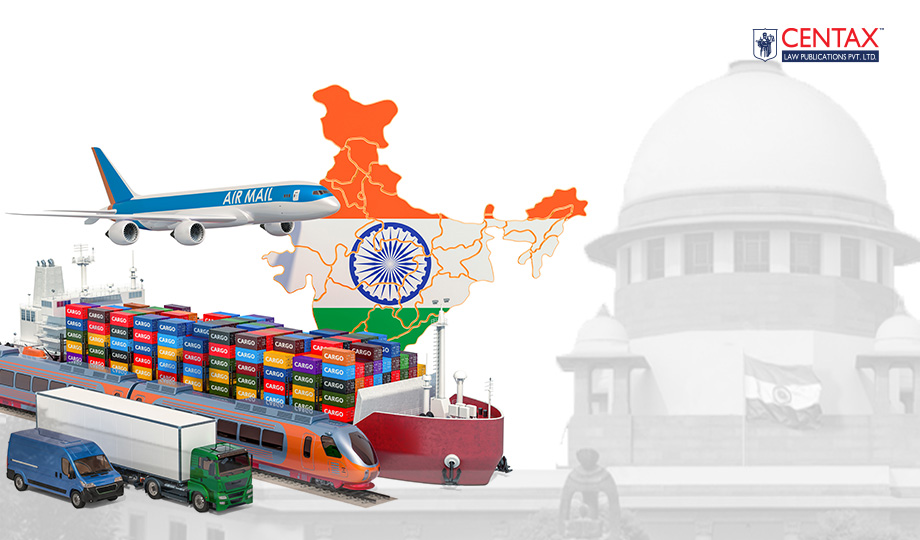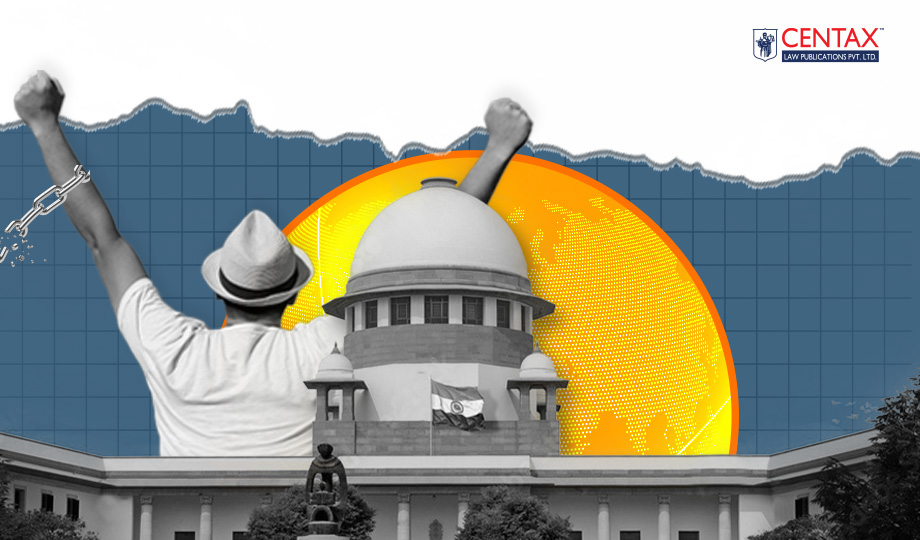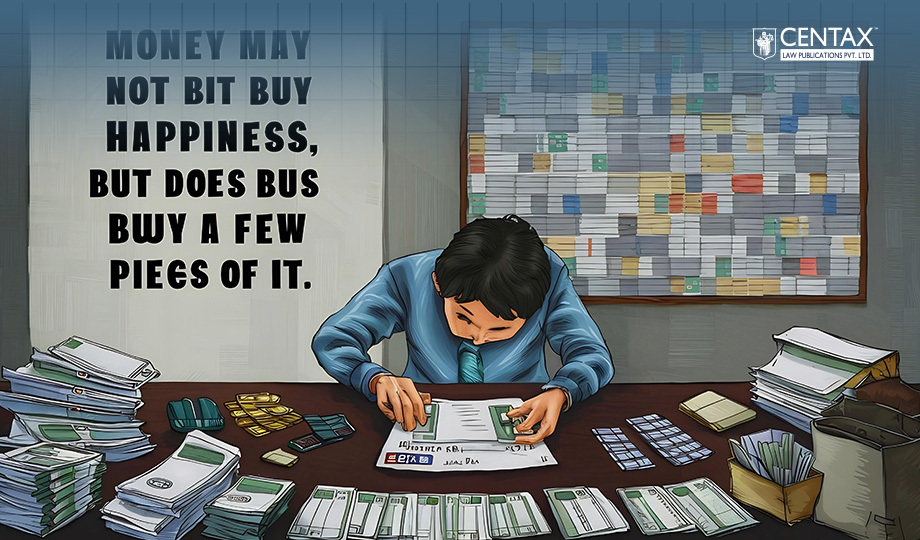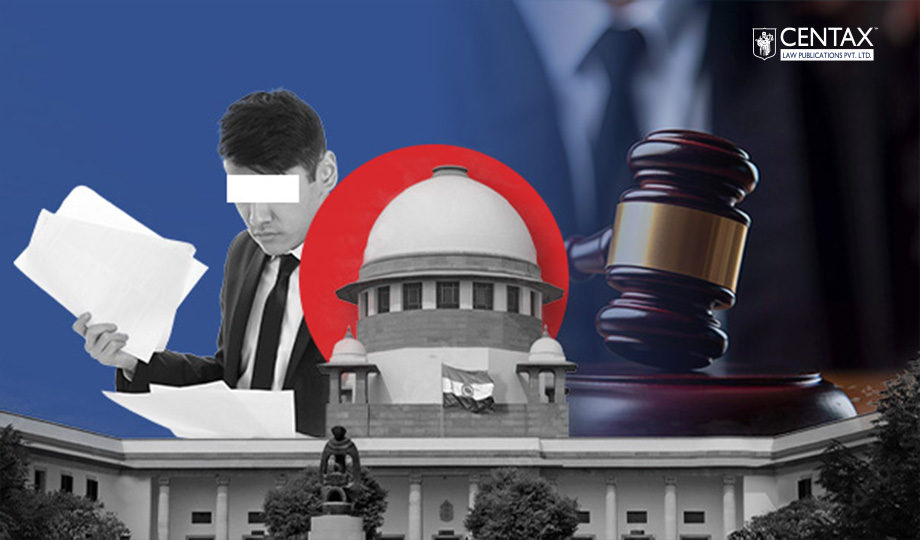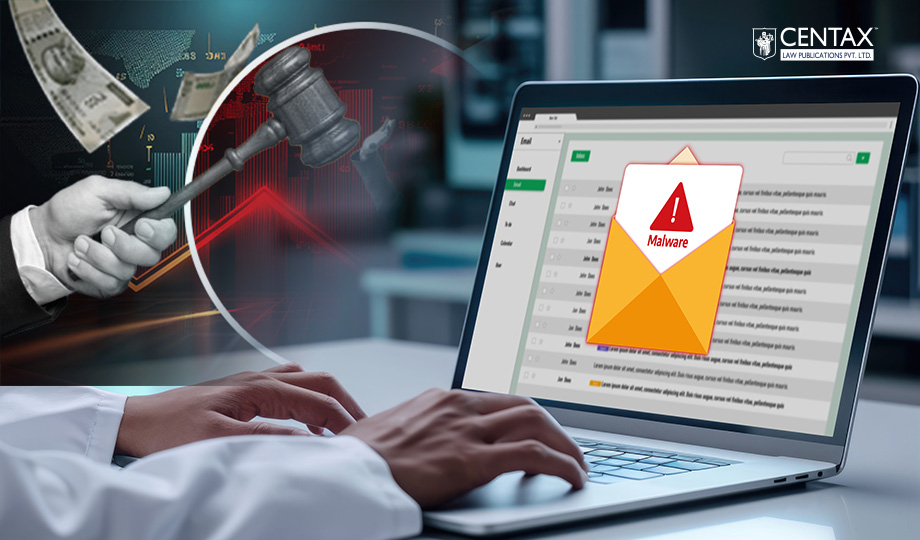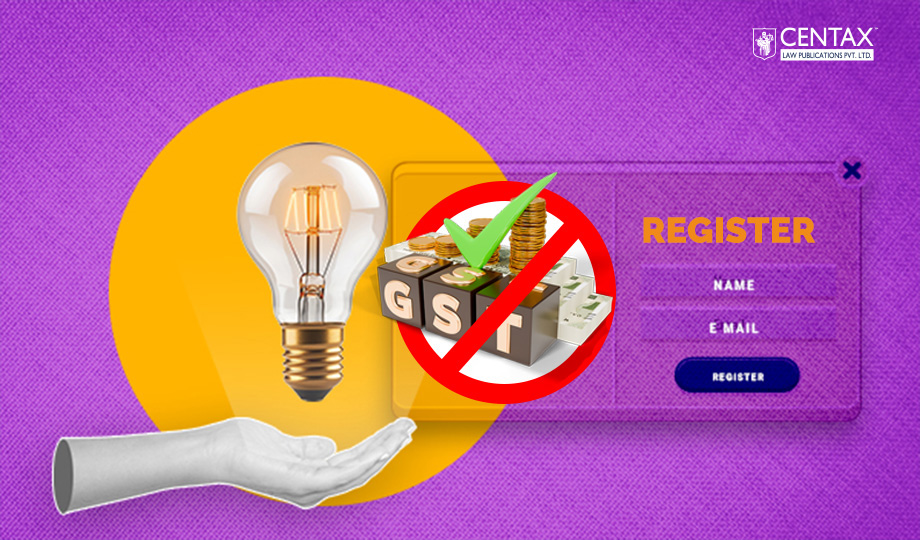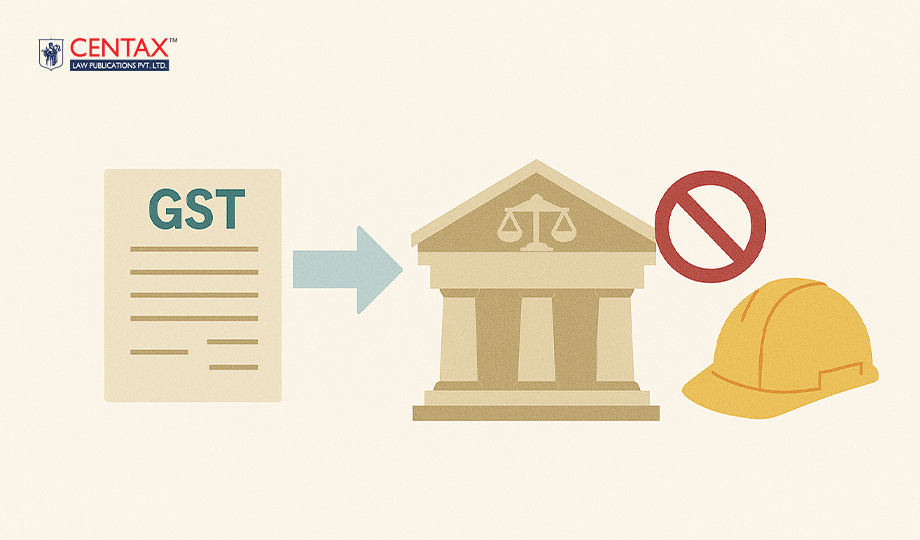
Case Details: S.S.T. Engineering Versus State of West Bengal (2025) 30 Centax 15 (Cal.)
Judiciary and Counsel Details
- Raja Basu Chowdhury, J.
- S/Shri Amitava Ghosh, Tapan Kumar Dey, Rakesh Roy, for the Petitioner.
- A. Ray, T.M. Siddiqui, Tanoy Chakraborty, S. Sanyal, Sougata Mitra, Nikhil Kr. Gupta, Ms Soma Chakraborty, Subhadeep Maitra, for the Respondent.
Facts of the Case
The petitioner, a contractor, entered into a works contract with a Municipality and raised the first Running Account (R.A.) Bill upon execution of part of the work. The Municipality refused to process the bill unless the petitioner first paid the applicable GST. Aggrieved, the petitioner approached the Calcutta High Court by way of a writ petition, seeking a direction restraining the respondents from demanding GST on the ground that the Bill of Quantities (BOQ), forming part of the Letter of Acceptance and work order, indicated rates exclusive of GST.
The petitioner contended that since no separate provision for GST was made in the contractual pricing, the demand for GST at the billing stage amounted to an impermissible pre-deposit. It was also submitted that the respondents were estopped from deducting or demanding GST as they had contractually agreed to BOQ rates that excluded tax.
High Court Held
The Hon’ble High Court held that the nature of the services provided under the contract was not exempt under the GST law, and therefore the petitioner was not entitled to avoid liability for payment of GST. Referring to the statutory framework, the Court clarified that the liability to pay GST arises at the time of supply as determined under Sections 12 and 13 of the CGST Act. The Court further noted that while the obligation to file returns lies with the supplier, if the tax is included in the invoice, the Municipality too bears a corresponding liability.
However, the Court refrained from deciding whether the contract was of a fixed-rate nature or whether tax was already embedded in the BOQ pricing, leaving such interpretation to the contracting parties. Accordingly, finding no legal infirmity in the respondent’s actions, the writ petition was dismissed.












